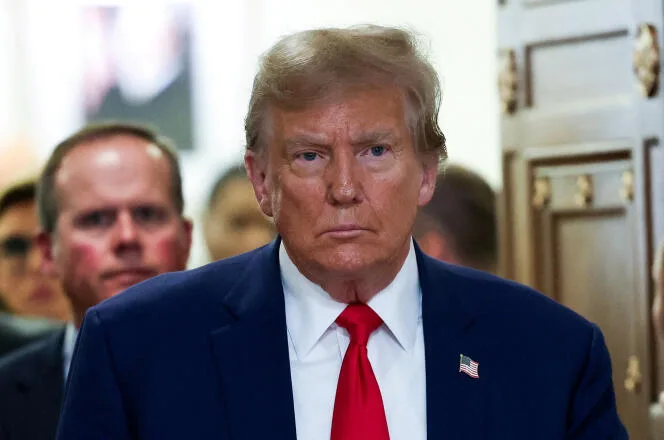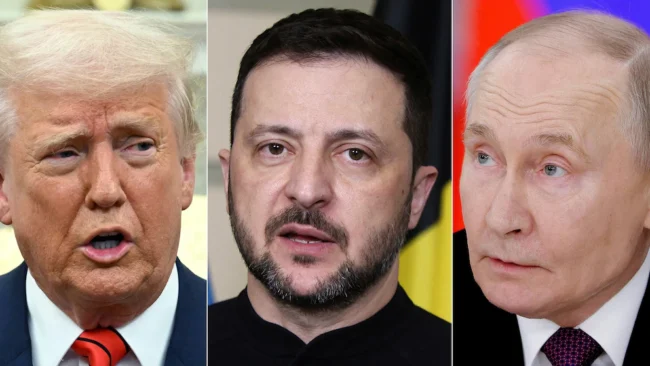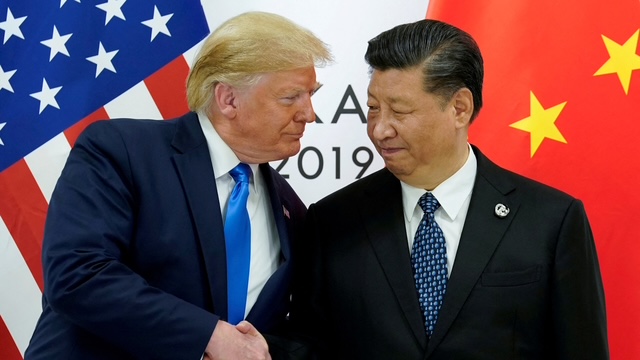Japan’s Pivotal Role In Continuing The US-Led World Order
The change in US-Japanese relations over the last 80 years has been astonishing. Japan went from being a hated enemy to being a critical ally in the Pacific astonishingly quickly. But rehashing how the US and Japan went from enemies to allies wouldn’t be offering anything new. What is noteworthy is Japan’s transition from a demilitarized nation after World War 2, not interested or allowed to project power, to pivotal player in world affairs. Japan has a pivotal role in continuing the US-led world order.
This is the case not so much because of a rise in power for Japan. If anything, Japan is less powerful and influential than they were in the late 1980s. In the late 1980s, their economy was rising so quickly that some thought the US would have to take measures to stop Japan from economically surpassing the United States. There was even a question, similar to today’s with China, of whether Japan might surpass the US as the world’s premier power.
Japan is still the third largest economy in the world, but much less of a force than it was in the late 1980s. So why is it more pivotal to the geopolitics of the world? Japan is more important because of the rise of China. China has quickly risen to be the clear number 2 in the world pecking order. And they may not stop there.
As China has risen, so has their interest in exerting influence on the region, and on the world. China’s main exertion of interest has been economic. They have focused mainly on the Global South with their Belt and Road initiative, a modern day debt trap that forces the nation receiving money it cannot repay, into economic and political servitude.
Beyond their Belt and Road initiative, China has focused on collecting data on citizens of other countries, through apps like TokTok. But China’s recent overtures to invade Taiwan is the most worrying development in their push for greater power in the world.
China has always viewed Taiwan as a rebel province. From the Chinese perspective, their disputes with Taiwan aren’t even internationally relevant. They are domestic. But it is simply a fact that Taiwan is a different society from China. It is a democracy. Taiwanese people value democracy and view themselves as a distinct nation from China.
Crucially for America and the world, Taiwan produces of most of the world’s semiconductors. As an ally and ostensible protector of Taiwan, the US benefits greatly from Taiwanese de facto independence from China. A successful Chinese invasion of Taiwan would allow China to control the semiconductor industry, which would be a devastating blow for the US.
Here is where Japan is so critical to maintaining the US-led world order. If China were able to successfully invade Taiwan and take control of their semiconductor industry, the US-led world order wouldn’t be over, but it would be severely damaged.
Japan has long been host to US military bases. This allows the US to project its military might instantly. It would be critical in the event of a Chinese invasion. While an invasion of an island like Taiwan is difficult, the US would be rolling the dice if they didn’t intervene on behalf of Taiwan.
Japan would provide the US with the ability to help Taiwan militarily on a moment’s notice. But beyond that, Japan might even militarily help the United States. Japan has been strengthening its own military in response to China’s increasing belligerence. This is a contrast to Japan’s post World War 2 constitution, which forbade the creation of an offensive military.
In a conventional war, the US is much stronger militarily than China is. But the Taiwan tensions are never going to lead to a conventional battle. If there is one, the battle will be waged through American help to a much smaller Taiwan. It will be waged thousands of miles from American shores, in China’s backyard.
For that reason, the US needs its Pacific allies ready and engaged. India, Australia and South Korea are also important. But the ally that can help the US the most in its defense of Taiwan is Japan. Japan is closer to Taiwan than Australia, more engaged in the region than India, and more powerful than South Korea. They will be the first Pacific ally the US looks to should tensions between China and Taiwan boil over.
The post World War 2 world order has been the most peaceful, prosperous period in human history. That might surprise some, but the default in world geopolitics is war and oppression. And certainly not liberal democracy. This world order has been overseen by the US, a Pax Americana.
A successful Chinese invasion of Taiwan wouldn’t end this period, but it would certainly weaken it greatly. That is why Japan, the most important Pacific ally of the United States, has a pivotal role in continuing the US-led world order.


